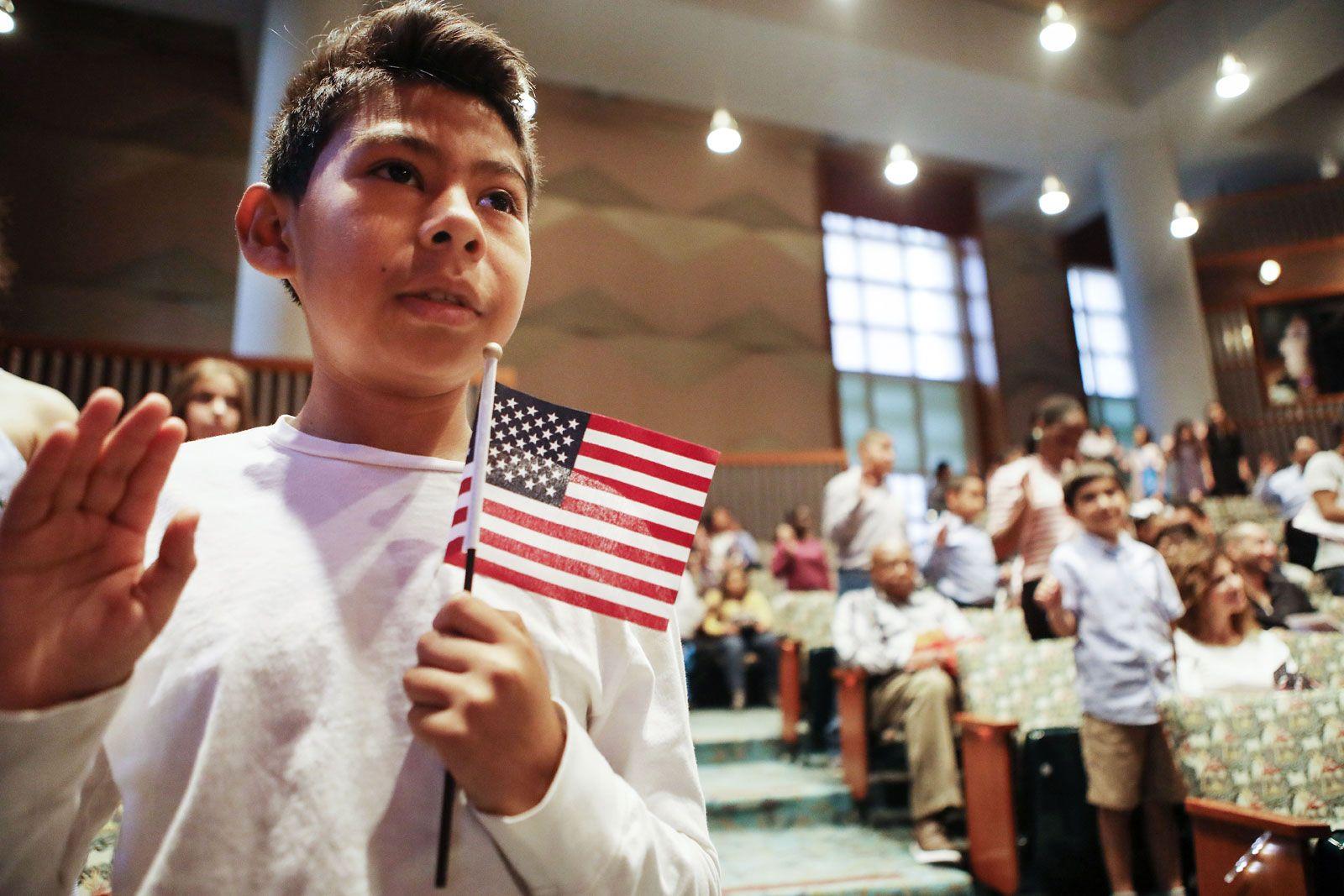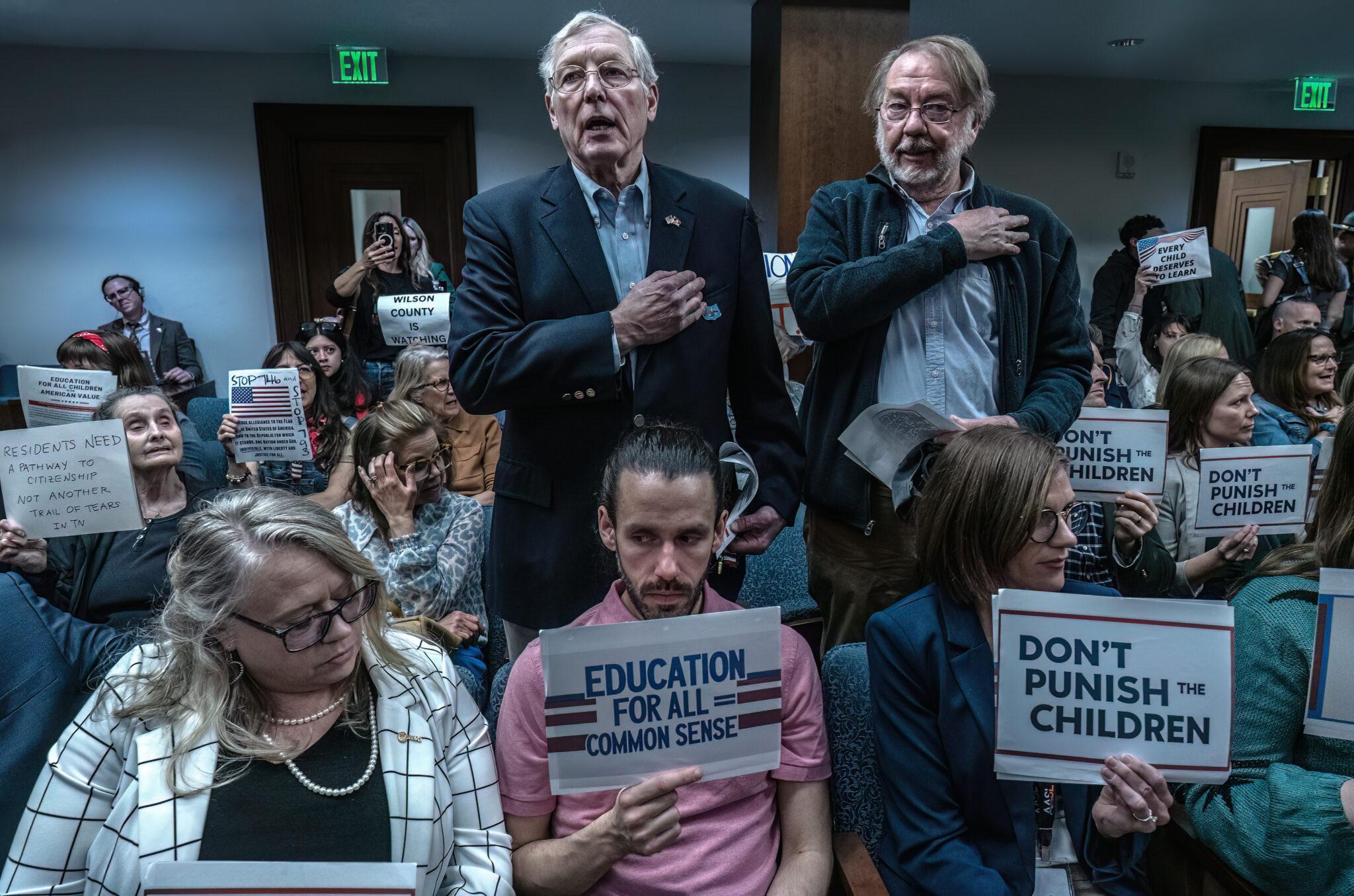Debate Intensifies Over Criminal Charges for Governors Supporting Sanctuary Policies
New York, NY – June 3, 2025 – The question of whether governors who support sanctuary policies for undocumented immigrants should face criminal charges has sparked heated debate across the United States. This contentious issue, rooted in the tension between federal immigration enforcement and state or local autonomy, has gained renewed attention following high-profile immigration raids, such as the one conducted by U.S. Immigration and Customs Enforcement (ICE) in Brooklyn’s Bushwick neighborhood on April 11, 2018, where 225 individuals were arrested.

Sanctuary policies, adopted by certain states and cities, limit cooperation between local law enforcement and federal immigration authorities, such as ICE. Proponents argue these policies protect undocumented immigrants from deportation, foster trust in communities, and allow local police to focus on public safety rather than federal immigration enforcement. Critics, however, contend that such policies harbor individuals who are in the country illegally, undermine federal law, and potentially shield criminals from accountability.

The idea of pursuing criminal charges against governors who support these policies stems from claims that they are obstructing federal law enforcement. Under federal law, specifically 8 U.S.C. § 1324, it is a crime to knowingly harbor or conceal undocumented immigrants from immigration authorities. Some argue that governors, by enacting or supporting sanctuary policies, could be interpreted as facilitating illegal immigration, potentially exposing them to legal liability. However, no governor has been criminally prosecuted under this statute for supporting sanctuary policies, and legal experts suggest such charges would face significant hurdles, including questions of intent and jurisdiction.

Opponents of criminalizing sanctuary policies argue that these measures are within the rights of states to prioritize their resources and protect their residents. Governors in states like New York and California have defended sanctuary policies as essential for maintaining community safety and ensuring that immigrants feel secure reporting crimes or engaging with local authorities. They assert that criminalizing such policies would infringe on states’ rights and escalate tensions between federal and state governments.
The debate also carries political weight, with some advocating for stricter federal oversight of sanctuary jurisdictions, while others call for comprehensive immigration reform to address the root causes of illegal immigration. The 2018 Bushwick raid, which highlighted New York City’s limited cooperation with ICE, remains a flashpoint in this ongoing discussion, illustrating the real-world implications of sanctuary policies.
As the nation grapples with immigration challenges, the question of criminal charges for governors remains a polarizing issue, reflecting deeper divisions over immigration enforcement, federal authority, and the role of state governments in protecting their communities.






